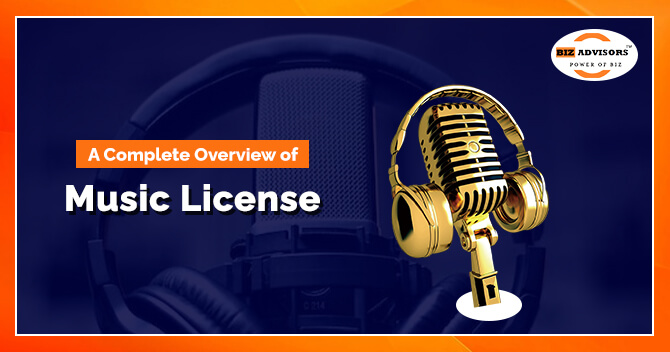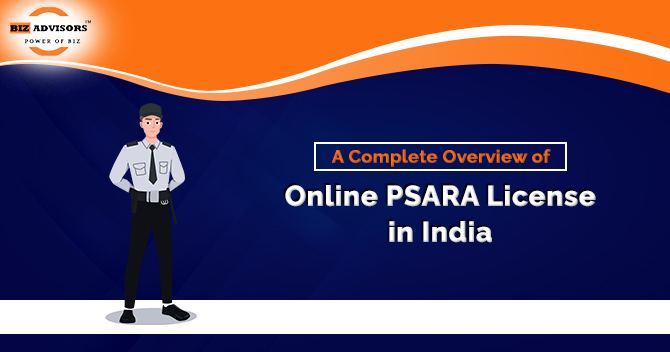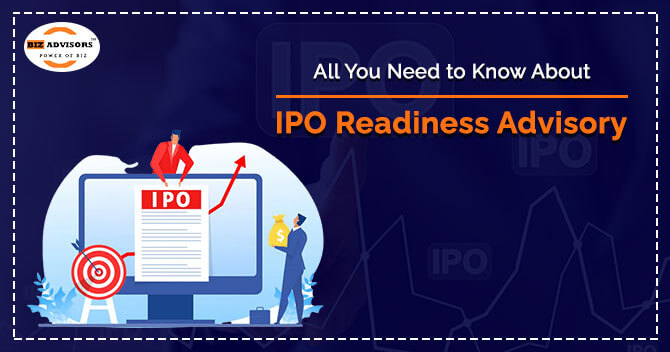A Music License plays a crucial role in determining the standards of an authorized regulation of music backups and sound systems in restaurants, hotels, cafes, pubs, or any event in particular. It is significant to systemize robust operational management of music backups in a well-organized format. It is unambiguous that the License not only authorizes or permits diversified infrastructural designs to regulate a music makeover but also adjoins the structural framework of music systemization with the ideal pattern of law. Therefore, every social institution that in one way or another emphatically provides a platform for playing music on a wide platform must possess a Music License to avoid any kind of legal proceedings in the future in this context. Obtaining a Music License standardizes the smooth and efficient functioning of an institution in the context of a music showcase. In this article, you will come to know about the Music Licenses.
What is a Music License?
Restaurants and cafes that want to play music on their property must obtain a music license from the Copyright Society for Sound Recording, Phonographic Performance Limited (PPL). Any company that wants to host live concerts with singers on their property must apply for a license from the Indian Performing Rights Society (IPRS).
This License must be obtained to play pre-recorded music on the premises of any hotel, restaurant, tavern, event, mall, movie hall, sporting event, product launch, aircraft, or other location where music is played.
The following actions are permitted with a Music License:
· Public performances include band appearances at venues like theatres, inns, banquet halls, malls, and places where events are held.
· The internet’s transmission of both interactive and passive music
· A caller’s ringtone
· Singers appearing in certain hotels, bars, clubs, etc.; the use of sounds or music in TV and radio commercials, etc
Conditions to Obtain a Music License
Before applying for a Music License for your restaurant or retail establishment, you should consider the prerequisites for the license, which are listed below: –
· Music that can be heard,
· The range of the music’s audibility (in square meters),
· How many seats your restaurant has,
· The type of space where music will be played and listened to, such as a dining room, a washroom, a bar, a kitchen, etc
· The kind of gadget that will be used to play music, such as a radio, CD player, TV, etc
Advantages of a Music License
Getting a Music License in India has the advantages listed below:
· Compliance with the law: The music license makes sure that the company keeps up compliance. The Indian government will tax or fine any eatery that does not have a music license.
· Increase the Standardization: By obtaining an IPRS music license, restaurants and bars can have public concerts that will indubitably draw in more customers and enhance the restaurant’s reputation. Contrary to a restaurant with pre-recorded music, all types of live performances draw more attention from the general population.
· Popularity will rise: By having a music license, such eateries become more well-known.
· If there are musical shows, the audience would be more interested in them. With more of these occasions, the artist’s fame will rise as well.
· Authentic composers are protected by copyright: All original works are automatically protected under the Copyrights Act of 1957, according to the law. To prevent the music from being reproduced and distributed, one should adhere to the license’s conditions.
Essential Documentation for Music Licenses
The following are the important documents to obtain Music Licenses:
· Name, address, and other personal information
· Information on the company
· A thorough description of the musical genres that will be utilized or played
· The certificate of incorporation is required if you are forming an LLP
· The certificate of incorporation, MOA, and AOA are required if you are forming a business.
· PAN and Aadhar cards
· Proof of GST registration
· Utility bills
Application Process for Music Licenses
The steps in the registration procedure to get Music Licenses are as follows:
1) Access the official website
Visit the official website before for a music license in India. For any type of live or public performance, this will be the PPL or IPRS, depending on whether pre-recorded music is used. PPL’s and IPR’s official websites may be found at https://www.pplindia.org/ and https://www.iprs.org/, respectively.
2) Choose a classification
The applicant must choose the appropriate music license category after visiting the organization’s website and reviewing the requirements.
3) Fill Out All the Required Information
The applicant should then register for an online account on the website or portal of these organizations by providing the required information, including their name, address, contact information, email address, and GST. After entering the necessary information, create an online ID and password.
If the applicant requests “Music Works and Accompanying Literary Works within the premises,” the information must be given by the law. The applicant must give the information listed below:
· Title of the Property
· The property’s registered address.
· Information like email and contact information.
· Information on the Services that make use of the music license
· Specifics of the public performance
· TAN Number, PAN Number, and GST[1] Number.
It is also necessary to supply information about the charge associated with the assigned license.
To learn more, see the general terms and conditions (tariff): –
The Tariff tab, which contains the cost of each music license service, is where the applicant must go to find information about payments. The required fee and applicable taxes must be paid by any user who possesses such a license.
4) Web-based validation
Following a successful online application, the applicant will receive an email, an SMS, and the OTP (Time Password) for verification.
5) Internet payment
The application should be finished by paying government costs online using payment channels after the verification is complete. Email or SMS will be used to deliver the online receipt.
6) Generates a certificate
The licensing agencies will send an applicant an Introduction Letter, which suggests that the applicant has successfully registered, following successful registration.
Conclusion
A Music License can be referred to as a legal document, which certainly establishes a strong interlinking of corporation houses, cinema theatres, food establishments, etc. in the context of regulating an efficacious model of sound backup with the ideal structural framework of the law. Under the wide ambit of law, it is accentuated that it is necessary to hold a Music License for every operational functional unit of sound systemization. A Music License reinforces a corporate strength in determining the standards for the sound makeover and also forms a substratum for a robust music department in any social unit.
Our legal luminaries at BizAdvisors.io provide a robust support system in channelizing the policies that must be analyzed with a broader perspective in obtaining a Music License without any difficulty. You can freely contact our legal consultants at BizAdvisors.io for any kind of assistance concerning the Music License explicitly.
Read our article:Trademark Registration in Fashion Industry: An Ultimate Guide
 9559179325
9559179325 9559179325
9559179325





